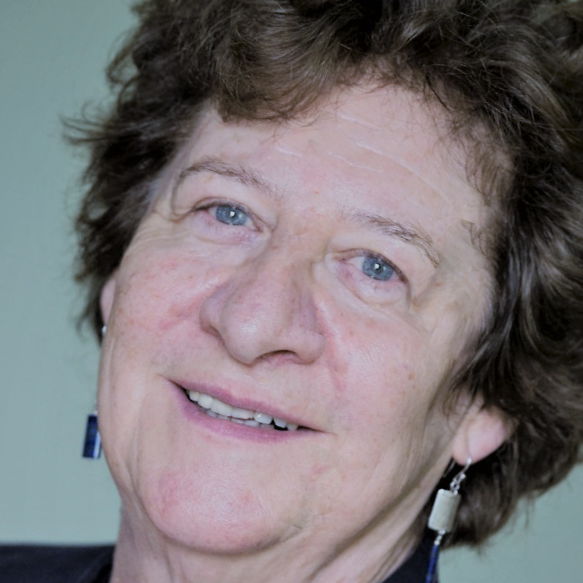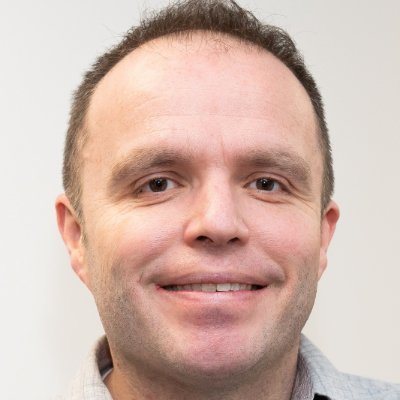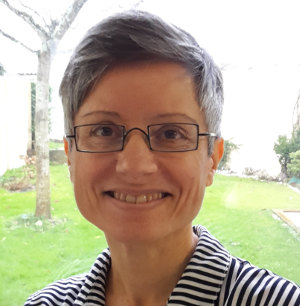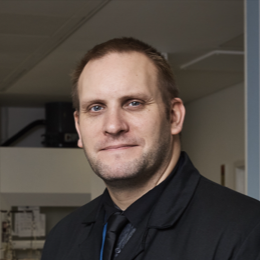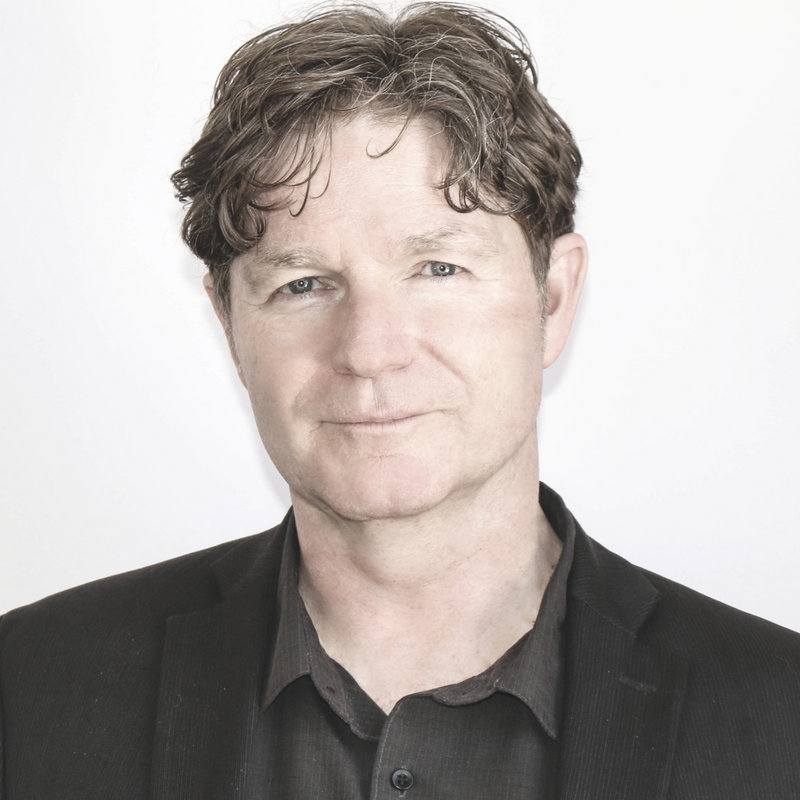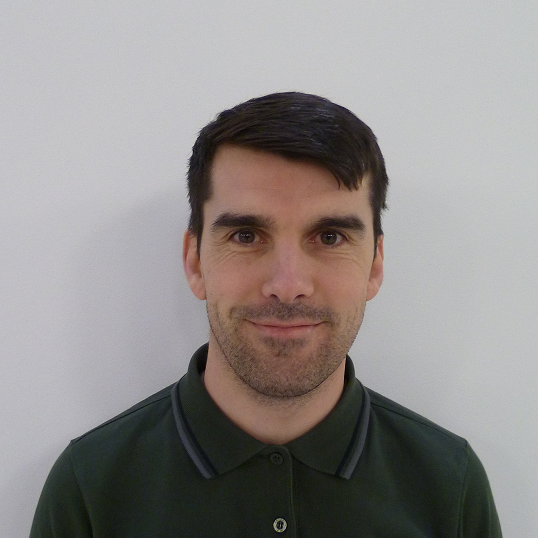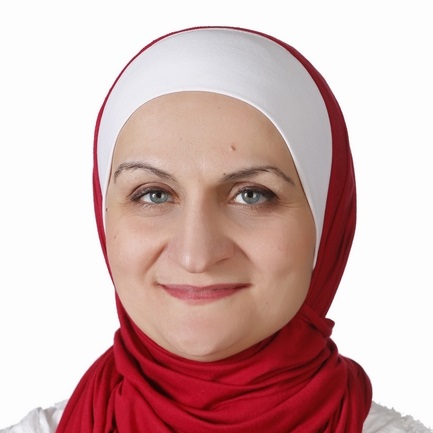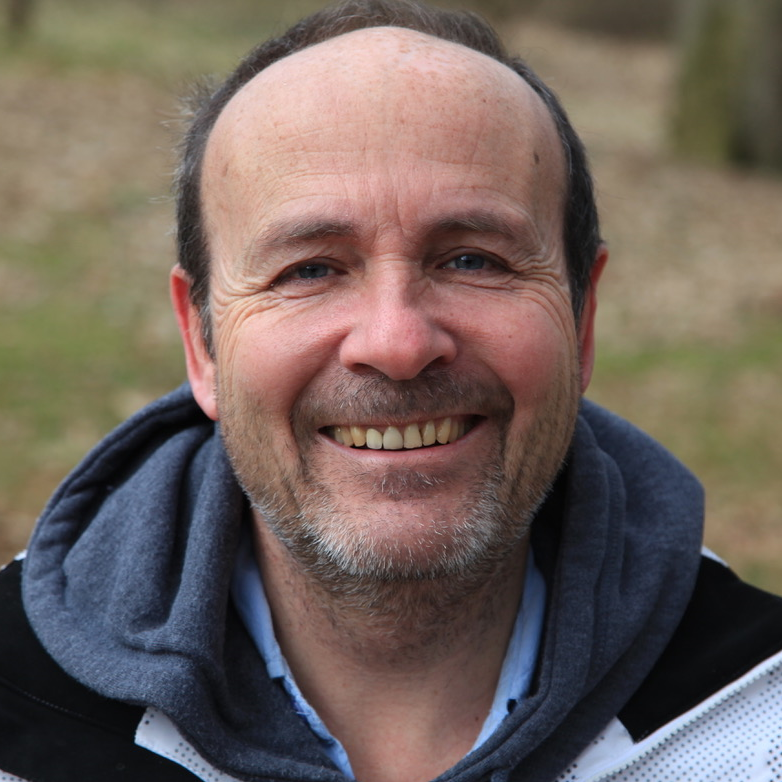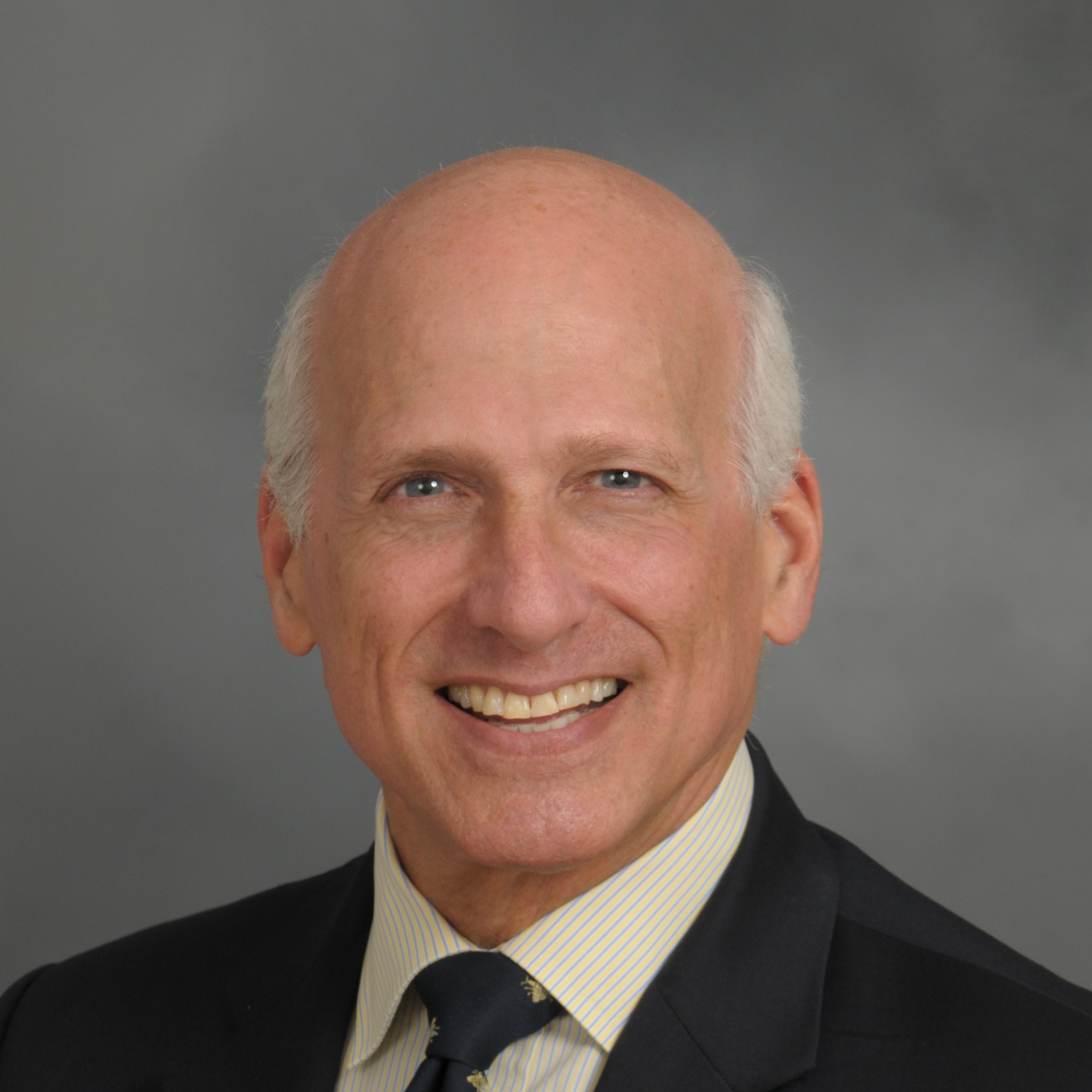SSA Annual Conference 2018
Follow the links in the presentation titles for author biographies, abstracts, audio and video recordings, and accompanying slide presentations. Links at the bottom of the page for delegate speakers, and delegate poster material.
Click here for Delegate Speakers’ presentations |
Click here for Delegate Posters |
|---|
Society Lecture 2018
Women in addiction
The Addiction Debate 2018
This Society believes current human models of addiction make preclinical research obsolete
New psychoactive substances: problems and solutions regarding patterns of use, detection
Concern about novel use of new psychoactive substances (NPS) has been a growing in the UK since the New Psychoactive Substances Act of April, 2016. NPS present challenges to frontline health and criminal justice staff, particularly in correctly identifying substances and distinguishing overdose presentations from substances such as alcohol and opioids. Concerns arose in 2017 in cities in the UK which experienced a cluster of ‘spice zombies’, mirroring experiences in the US.
Facilitating and enhancing long-term recovery: Science, policy, and culture
Alcohol and other drug (AOD) misuse and related disorders confer a prodigious burden of disease, disability and premature mortality in middle and high-income countries globally. Understanding how individuals are successful at changing and sustaining salutary change with regard to AOD-related behaviors, has become a clinical and public health priority in light of increases in alcohol and opioid harms and a rapidly changing policy landscape regarding the legal status of marijuana. This symposium examines these global challenges by bringing together international experts on addiction recovery science and policy.
Comprehensive, consistent and accurate: How to report research studies in the field of addiction
SSA-Funded Researchers 2018
Current issues in prescription and over-the-counter medicine abuse, misuse and dependence
This session will explore the abuse, misuse of and dependence on prescription and Over-the-Counter (OTC) medicines, particularly and consider how and when health professionals should intervene. The focus will be on prescribed analgesics but OTC medicines will also be included, particularly from the international perspective. Despite their considerable importance in the management of many conditions, particularly pain and insomnia, there is increasing awareness of the potential for some prescription medicines to cause misuse, abuse and dependence. In particular the misuse and off label use of pregabalin and gabapentin is increasingly reported in the UK, Europe and beyond and will be considered.
New cognitive therapy approaches for cocaine use disorder
The aim of this symposium is to describe and discuss a new cognitive therapy for cocaine use disorder (CUD). CUD is an adaptive disorder, mediated by conditioning, motivation and inhibition. As CUD develops there is a progressive imbalance between implicit-autonomous and explicit-reflective cognitive systems which favour the former, coupled with neutral and drug-related exteroceptive stimuli which become cue-associated. Drug liking and wanting beliefs and expectancies strengthen and attention is biased towards conditioned cues. Craving for cocaine often intensifies and feels unpleasant when drug access is prevented or delayed, or when an effort is made to resist. There may be autonomic (interoceptive) reactions, including changes in breathing, heart rate and sweating. However, craving is not always intense or persistent, and cocaine seeking is sometimes initiated by low-level desire.

